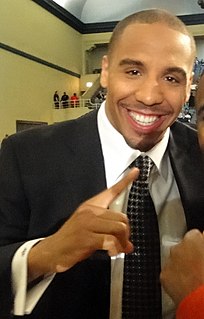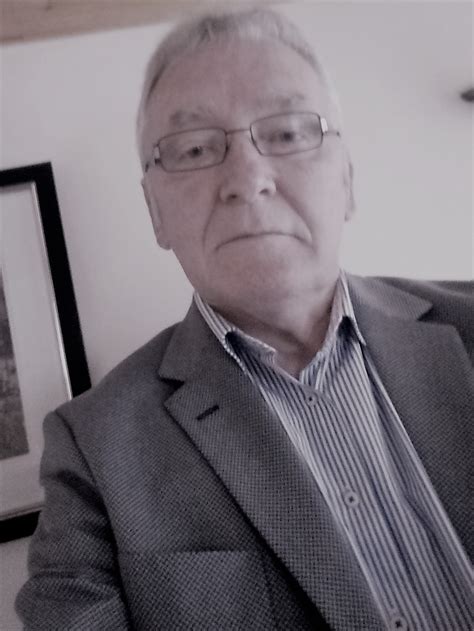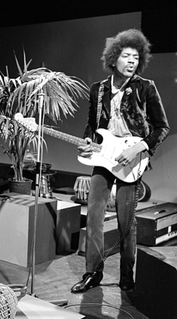A Quote by Will Schwalbe
As a reader, you’re often inside one or more character heads, so you know what they’re feeling, even if they can’t exactly say it, or they say it so obliquely that the other characters don’t catch it. Readers are frequently reminded of the gulf between what people say and what they mean, and such moments prod us to become more attuned to gesture, tone, and language.
Related Quotes
These days I just can't seem to say what I mean [...]. I just can't. Every time I try to say something, it misses the point. Either that or I end up saying the opposite of what I mean. The more I try to get it right the more mixed up it gets. Sometimes I can't even remember what I was trying to say in the first place. It's like my body's split in two and one of me is chasing the other me around a big pillar. We're running circles around it. The other me has the right words, but I can never catch her.
Suppose I try to say the US carries out terror, in fact it's one of the leading terrorist states in the world. You can't say that between commercials. People rightly want to know what do you mean. They've never heard that before. Then you have to explain. You have to give background. That's exactly what's cut out.
It's the strangest thing about being human: to know so much, to communicate so much, and yet always to fall so drastically short of clarity, to be, in the end, so isolate and inadequate. Even when people try to say things, they say them poorly or obliquely, or they outright lie, sometimes because they're lying to you, but as often because they're lying to themselves.
You know how sometimes you're talking to people who love you and give you unconditional love, and you say, "But you know what? Let me back up. I forgot to say . . ."You can do that, right? You don't hesitate and say, "Oh my God! I forgot to say that!". You just speak! And you say it all, until you have nothing more to say. And that's your first draft. It's done.
It sounds schmaltzy to say, but fiction is much more to do with love than people admit or acknowledge. The novelist has to not only love his characters - which you do, without even thinking about it, just as you love your children. But also to love the reader, and that's what I mean by the pleasure principle.
Just the fact that there's motion and sound, took me a long time on Walking Dead to get used to the fact that in television, characters don't have to say things. In comics, people have to say I feel this way, or I want to do this, and you can do so much with gesture and movement and facial expressions that you can do sometimes facial expression stuff in comics, but you can do so more if somebody can move around without actually speaking. That leads to a different style of writing between the two mediums.
I think I'm drawn to more villain-type characters, because it's so cool to get to say all the things you want to say. In Hollywood, you get to this position where you have to bite your tongue so much. You take all your experiences of not being able to say what you really want to say, and channel that through your character.
I feel guilty when people say I'm the greatest on the scene. What's good or bad doesn't matter to me; what does matter is feeling and not feeling. If only people would take more of a true view and think in terms of feelings. Your name doesn't mean a damn, it's your talents and feelings that matter. You've got to know much more than just the technicalities of notes; you've got to know what goes between the notes.

































